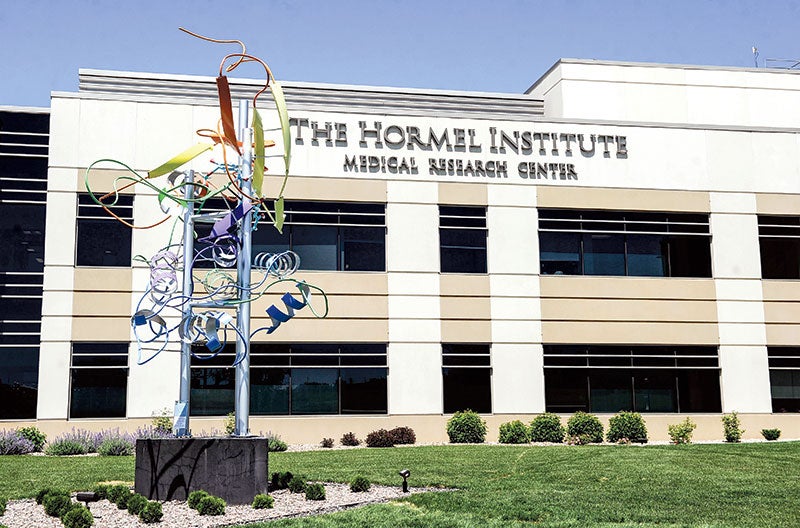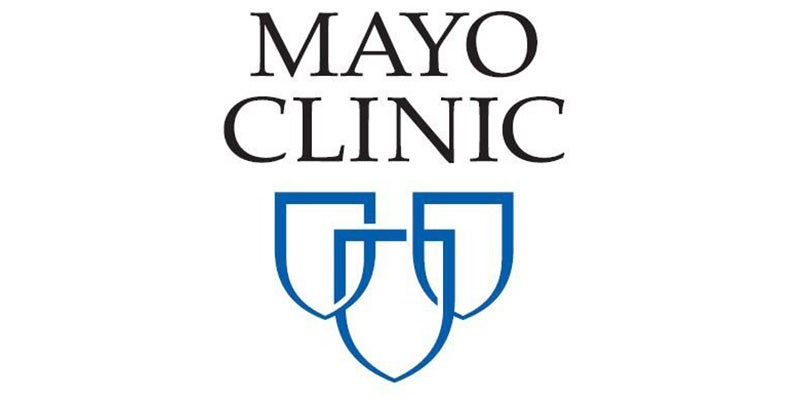Nurses lobby legislature to practice independently
Published 9:56 am Thursday, March 6, 2014
By Lorna Benson
MPR, 90.1
As the health care industry increasingly relies on nurses to perform some work that once was exclusively assigned to doctors, some highly skilled Minnesota nurses say it’s time they had the authority to practice independently.
They’re trying to change state law, which requires advanced practice nurses to have some supervision from physicians. Nurses say the requirement limits the treatment they can provide, and is a significant barrier to practicing in health care shortage areas.
But proposed legislation that would remove physician supervision is not popular with doctors’ groups. They oppose the legislation, arguing there is not enough evidence that nurses can provide the best patient care without physician oversight.
Bills sponsored by state Sen. Kathy Sheran, DFL-Mankato and state Rep. Dan Schoen, DFL-St. Paul Park, would give highly trained nurses the independence they seek by granting full practice authority to nurse practitioners, nurse midwives, nurse anesthetists and clinical nurse specialists.
They mark the second legislative attempt by advanced practice nurses to get rid of the so-called “collaborative management” agreements they must arrange with physicians. The bill was introduced at the legislature last session, but it didn’t receive a hearing.
Eighteen states and the District of Columbia allow advanced practice nurses to diagnose and treat patients and prescribe medications independently.
Collaborative management agreements create a false sense of physician supervision, said Mary Chesney, president of the Minnesota Advance Practice Registered Nurse Coalition, which is lobbying for the change.
For example, she said, no doctor has ever reviewed the prescriptions she writes.
“There’s not any oversight there,” Chesney said. “It’s simply a piece of paper that ties us to physicians being able to control where and with whom we practice.”
Another issue that troubles nurses is a lack of consistency among agreements. Since doctors can dictate the terms of the arrangement, Chesney said some advanced practice nurses get wide latitude to treat patients, while others have many limitations placed on what they can do.
The agreements can also be hard to secure.
“We have insurers telling physicians if they’re not your employee, don’t sign it, because it’s like you’re signing on to liability, responsibility for someone else’s prescribing,” Chesney said.
To offset the financial risk, she said, some doctors charge nurses a hefty fee — from $5,000 to $10,000 a year — for signing an agreement with an advanced practice nurse.
“This is despite the fact that we all are educated in our programs to prescribe,” she said.
But family physicians say equating the skills of advanced practice nursing with those of primary physicians is like comparing apples to oranges.




